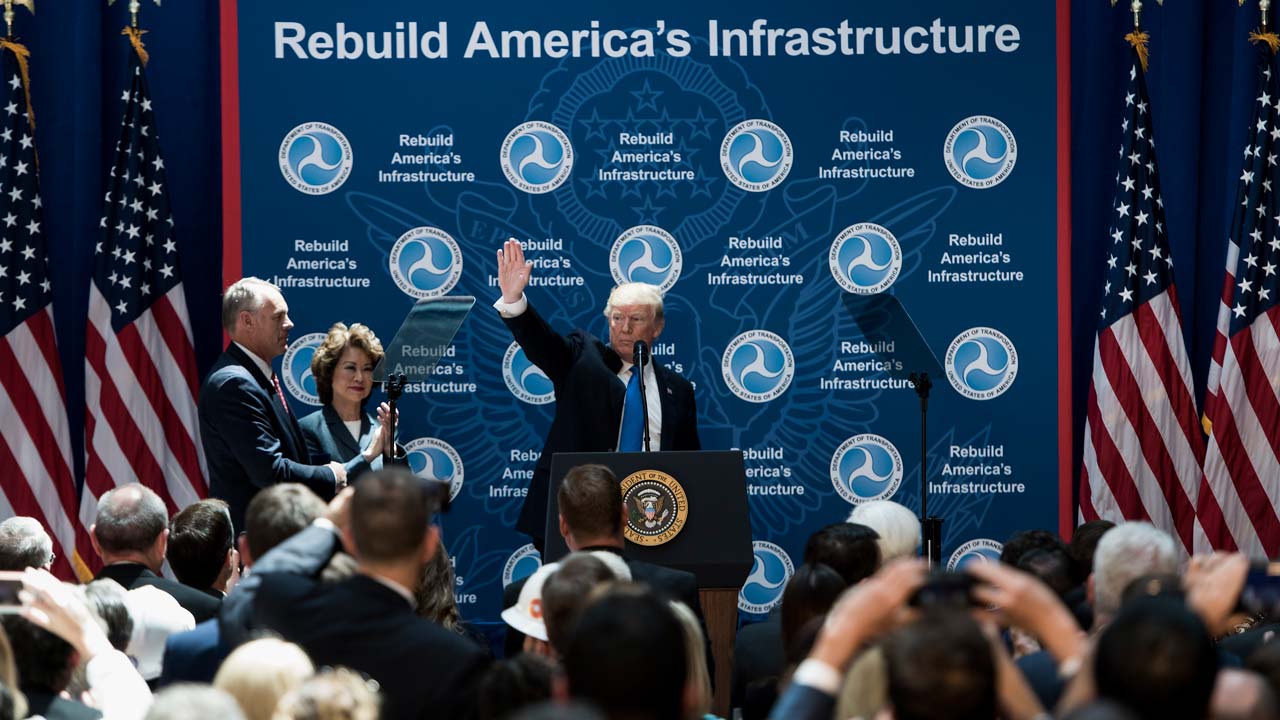
US President Donald Trump punched back Friday against James Comey and his dramatic Capitol Hill testimony, claiming “complete vindication” and slamming the ousted FBI director for leaking documents about their private conversations.
In his first response to Comey’s blunt remarks, Trump offered a window into how the White House may try to contain the controversy that has dogged his administration for months — accusations that his campaign team colluded with Moscow to tilt the 2016 election in his favor.
The Republican leader zeroed in on Comey’s confirmation that he personally was not under investigation over his ties to Russia.
But he left aside scathing testimony by Comey, whom he fired in early May, that Trump had tried to derail a probe into onetime national security advisor Michael Flynn — at best, a political miscalculation by a tradition-shredding president, and at worst, a criminal obstruction of justice.
“Despite so many false statements and lies, total and complete vindication… and WOW, Comey is a leaker!” Trump tweeted after an unusually lengthy silence on the social media platform.
Trump has an opportunity to directly address the issue Friday when he holds a press conference alongside the visiting Romanian president after 2:30 pm (1830 GMT).
Trump diligently stayed on message at a Department of Transportation appearance, where he discussed his administration’s infrastructure plans and his goal of taking a buzz saw to Washington’s “dense thicket of rules, regulations and red tape.”
But Washington continued digesting the Comey testimony and the sprawling issue of Russia and possible connections to the Trump administration.
During almost three hours of frank statements Thursday before the Senate Intelligence Committee, Comey described himself as “stunned” by Trump’s “very disturbing” and “very concerning” behavior in several meetings.
Detailing one-on-one talks with a sitting president — which under normal circumstances are private — Comey said he took painstaking notes for fear Trump might “lie” about the unusual encounters.
Painting a devastating picture of an untrustworthy leader, Comey admitted he asked a friend to leak those notes to a reporter, betting — correctly — that the details would prompt the appointment of a special prosecutor.
– ‘Inappropriate’ –
A person close to Trump’s legal team said a complaint would be filed next week with the Justice Department over the leak.
Pundits and legal experts were divided on whether Trump’s actions rose to the level of obstruction of justice, a potentially impeachable offense, while Comey said that decision was now in the hands of the special prosecutor, former FBI chief Robert Mueller.
But while Republicans in general have continued to back the president, some have begun openly questioning and criticizing his actions.
“It was clear that the president asked Mr. Comey to do an inappropriate action, and that was to drop the investigation of General Michael Flynn,” Senator Susan Collins told CNN.
“It crossed a boundary that the president should not have crossed.”
Bob Inglis, a Republican former congressman who voted to impeach Bill Clinton in 1998, suggested Trump might be in particularly hot water.
“Yes, I was on Judiciary Cmte that impeached Clinton/sent him for trial in the Senate for matters less serious than the ones before us now,” Inglis tweeted Friday.
Some Democrats, meanwhile, were suggesting Trump might need to provide sworn testimony of his own, perhaps through questioning by the special counsel.
“Mr. President, will you testify under oath like Comey?” asked Senate Democrat Chris Van Hollen.
In his testimony, Comey recalled that during a private White House dinner on January 27, the president asked him for “loyalty” and to lay off his former top aide Flynn — who is under investigation over his Russia ties — imploring Comey to “let this go.”
Comey said he believed he was sacked over his handling of the Russia probe.
“That is a very big deal,” Comey told senators.
The White House swatted away the accusations, declaring Thursday that the president “is not a liar.”
– ‘New to this’ –
Trump’s personal lawyer Marc Kasowitz said the president “never told Mr Comey ‘I need loyalty, I expect loyalty’ in form or substance,” rejecting a key allegation by the former FBI director.
Kasowitz also suggested Comey should be prosecuted for leaking “privileged information,” and that Trump was eager to focus on his agenda “with this public cloud removed.”
Trump abruptly fired Comey as director of the Federal Bureau of Investigation on May 9, admitting later that the Russia probe was on his mind at the time.
Harvard Law School professor Mark Tushnet said onlookers should keep in mind that Comey knows much more than he can say, calling his testimony a “big deal.”
But Republican House Speaker Paul Ryan appeared to sympathize with Trump.
“He probably wasn’t steeped in the long-running protocols that establish the relationships between (Department of Justice), FBI and White Houses. He’s just new to this,” he told a press conference.



